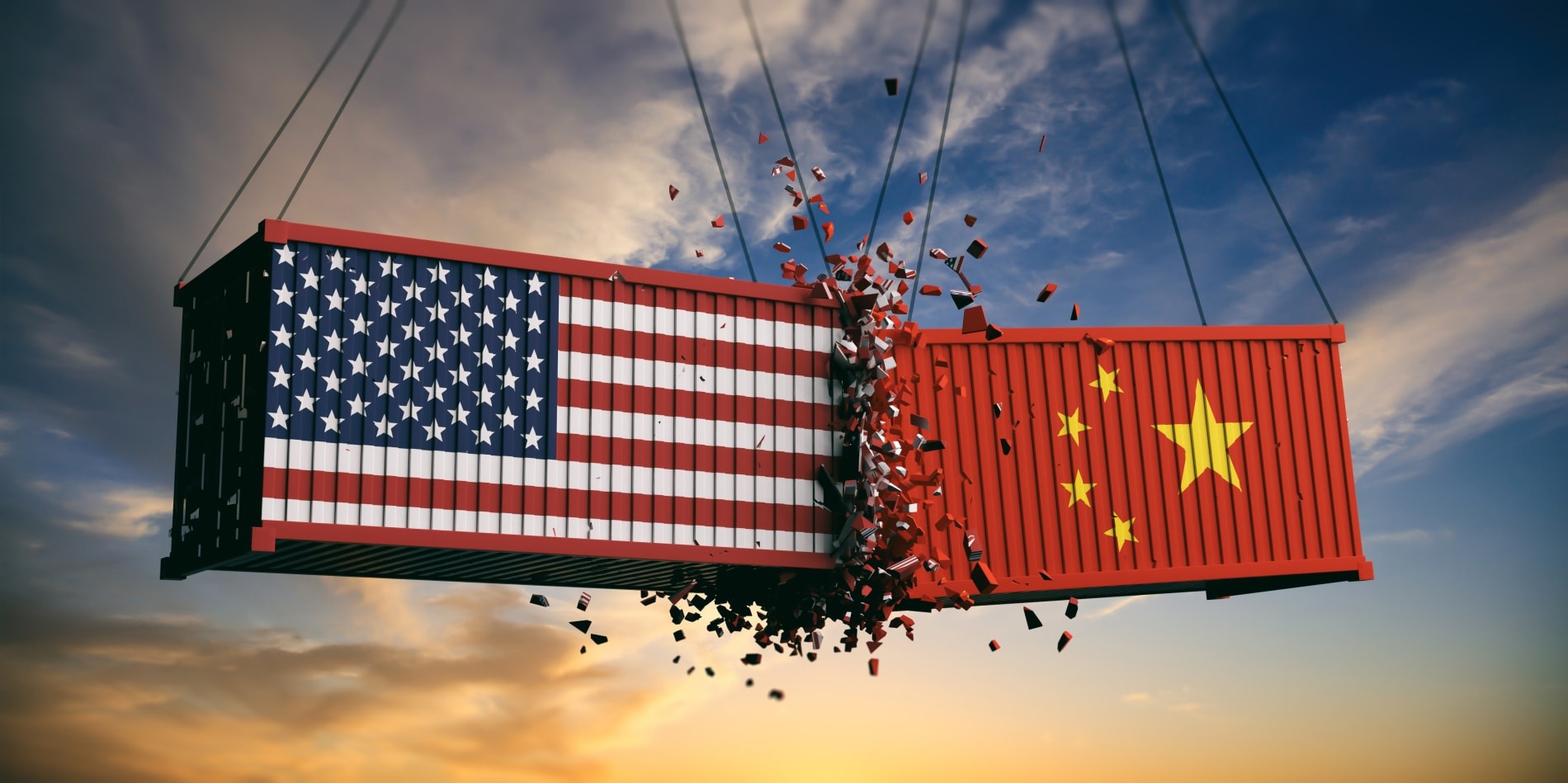
A tariff war, also known as a trade war, occurs when countries impose high import taxes on each other’s goods to protect their domestic industries or retaliate against economic policies. While governments may see it as a strategy to boost their economy, it often leads to increased costs for businesses and consumers, disrupts global supply chains, and affects overall economic stability.
A tariff war usually unfolds in the following stages:
- Country A Imposes Tariffs – A government increases taxes on imported goods from a specific country to encourage local production.
- Country B Retaliates – The affected country responds by imposing its own tariffs on imports from Country A.
- Rising Costs for Businesses – Companies that rely on imported goods or raw materials face higher costs, which they often pass on to consumers.
- Disruptions in Global Trade – As tariffs escalate, international trade slows down, affecting economies worldwide.
Who is Most Affected by a Trade War?
1. Consumers
- Higher prices for everyday goods due to increased import taxes.
- Reduced product availability as companies struggle with supply chain disruptions.
2. Businesses
- Manufacturers relying on imported raw materials face higher production costs.
- Retailers selling imported goods see a drop in sales as prices increase.
- Exporters suffer as other countries impose retaliatory tariffs, reducing demand for their products.
3. Farmers and Agriculture Sector
- Countries often target agriculture exports in trade wars, leading to losses for farmers.
- Price drops in crops due to reduced international demand.
4. Global Economy
- Stock markets fluctuate due to uncertainty.
- Job losses in industries affected by declining trade.
- Slower economic growth as businesses cut investments due to rising costs.
- US-China Trade War (2018-Present): The US imposed tariffs on Chinese goods, leading to countermeasures from China.
- US-European Union Trade Dispute: Tariffs on steel, aluminum, and automobile exports led to tensions.
- Smoot-Hawley Tariff Act (1930): A historical example that worsened the Great Depression by restricting global trade.
Read More: What secret weapon does Iran have that can sink America's most powerful ship? Learn its power.
--Advertisement--

 Share
Share



